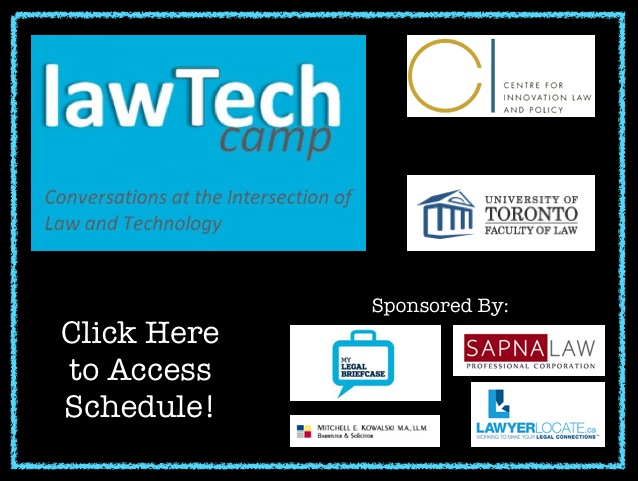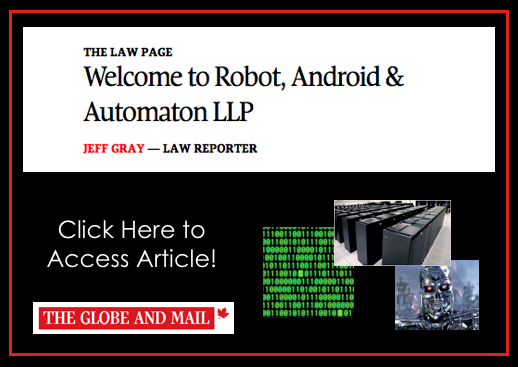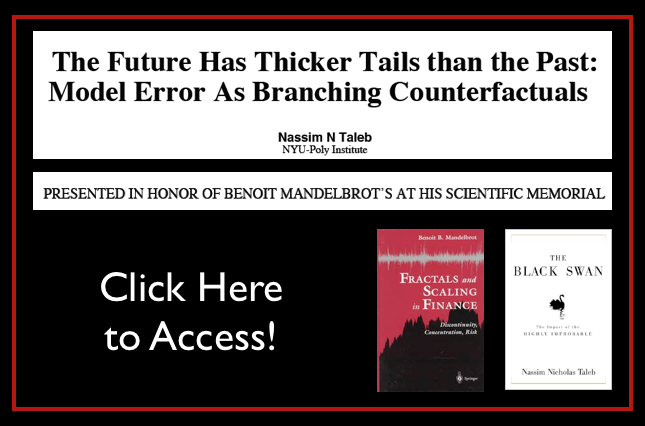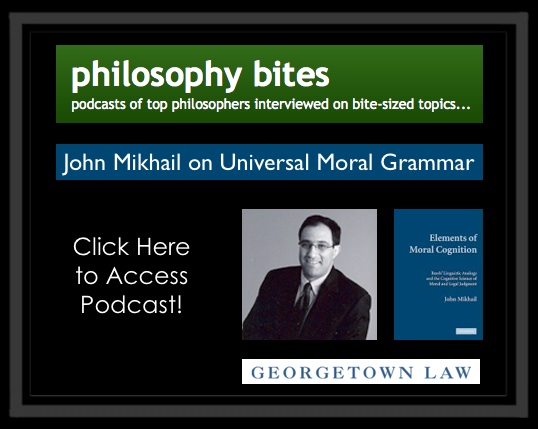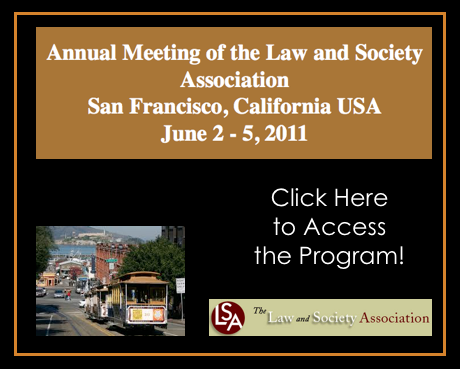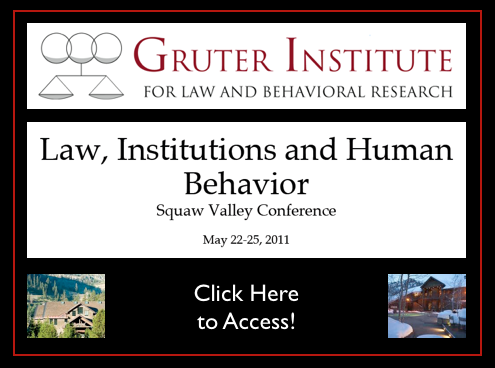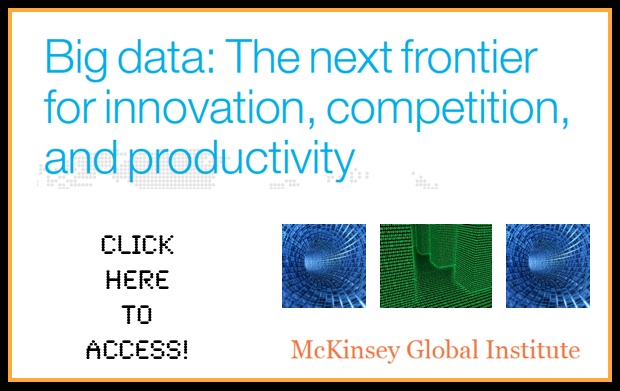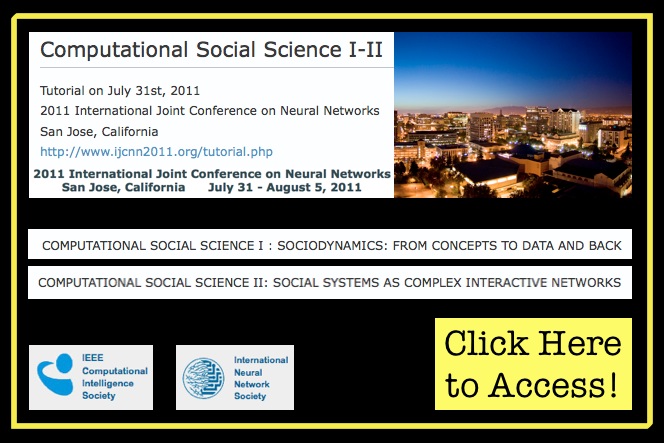Year: 2011
John Mikhail on Universal Moral Grammar [via Philosophy Bites]
[ HT : Larry Solum @ Legal Theory Blog]
Senators of 110th Congress – A Perspective on the Campaign Finance Ecosystem [Repost]
Due to some behind the scenes technical difficulties, our series of posts on the campaign finance ecosystem of the 110th Congress have been unavailable. I am happy to report that we now have everything restored. We thought it would be nice to repost the visual above in light of recent decisions such as Citizens United v. Federal Election Commission. The Citizens United case has justifiably generated a significant amount of media / blogosphere coverage. For those not familiar with the Court’s decision, there is a full roundup of analysis available at SCOTUS Blog and Election Law Blog. For those interested, our original post is offered here and the documentation for the network creation and data collection is here. Also, there are variety of other related posts related to the 110th Congress available under this tag.
Big Data: The Next Frontier for Innovation, Competition and Productivity [Via McKinsey Global Institute]
There is growing interest in “Big Data” – both within the academy and within the private sector. For example, consider several major review articles on the topic including “Big Data” from Nature, “The Data Deluge” from The Economist and “Dealing with Data” from Science.
Indeed, those interested should consult the proceedings/video from recent conferences such as Princeton CITP Big Data 2010, (where I presented on the Big Data and Law panel) GigaOM 2011 NYC, O’Reilly Strata 2011 Making Data Work Conference, etc. Summarizing some of these insights and providing new insights is a new report for the McKinsey Global Institute entitled Big Data: The Next Frontier for Innovation, Competition and Productivity. This report was the subject of a recent NY Times article New Ways to Exploit Raw Data May Bring Surge of Innovation, a Study Says. Here is one highlight from this article “McKinsey says the nation will also need 1.5 million more data-literate managers, whether retrained or hired. The report points to the need for a sweeping change in business to adapt a new way of managing and making decisions that relies more on data analysis. Managers, according to the McKinsey researchers, must grasp the principles of data analytics and be able to ask the right questions.”
Of course, here at Computational Legal Studies, we are interested in the potential of a Big Data revolution in both legal practice and in the scientific study of law and legal institutions. Several recent articles on the subject argue that a major reordering is — well — already underway. For example, Law’s Information Revolution (By Bruce H. Kobayashi & Larry Ribstein), The Practice of Law in the Era of ‘Big Data’ (By Nolan M. Goldberg and Micah W. Miller) and Computer Programming and the Law: A New Research Agenda (By Paul Ohm) highlight different elements of the broader question.
We hope to share additional thoughts on this topic in the months to come. In the meantime, I would highlight the slides from my recent presentation at the NELIC Conference at Berkeley Law. My brief talk was entitled Quantitative Legal Prediction and it is a preview of some of my thoughts on the changing market for legal services. Please stay tuned.
Computational Social Science Tutorial @ 2011 International Joint Conference on Neural Networks
Those of you interested in developing/increasing your computational social science skills should consider attending the 2011 International Joint Conference on Neural Networks where Peter Erdi (Kalamazoo College & Hungarian Academy of Sciences) will be administrating the very useful workshop displayed above. I have learned a tremendous amount from Peter Erdi and would thus recommend the workshop to you.

